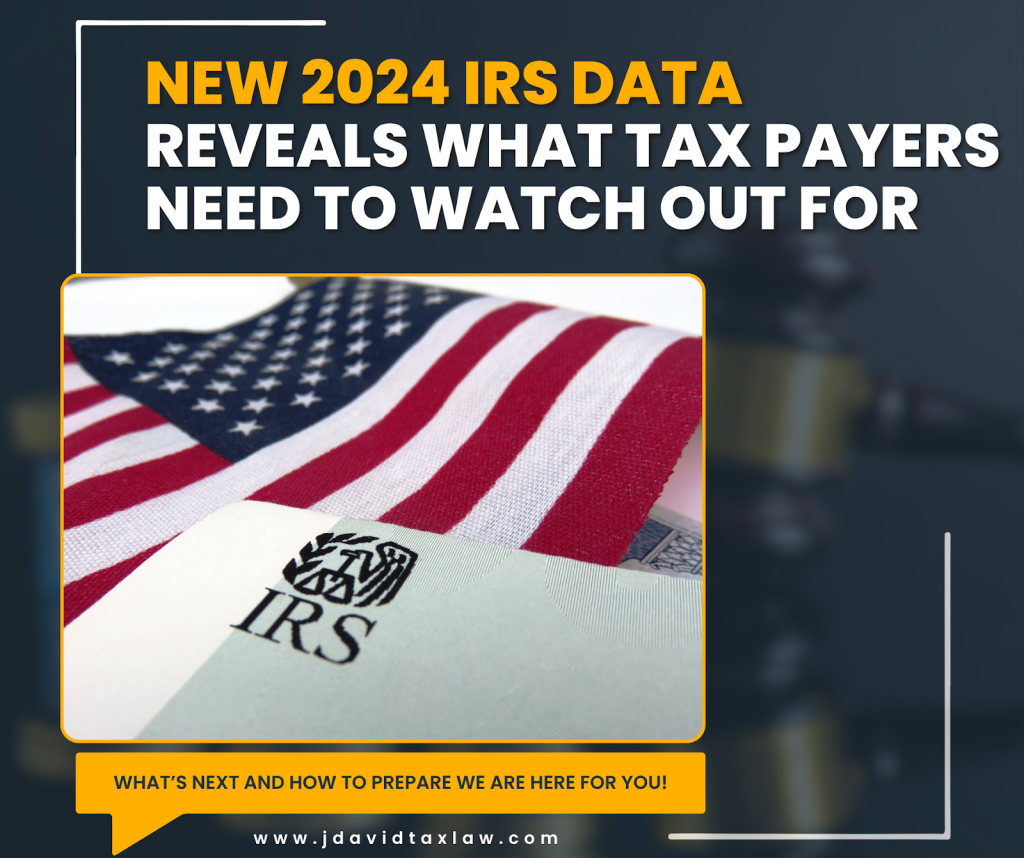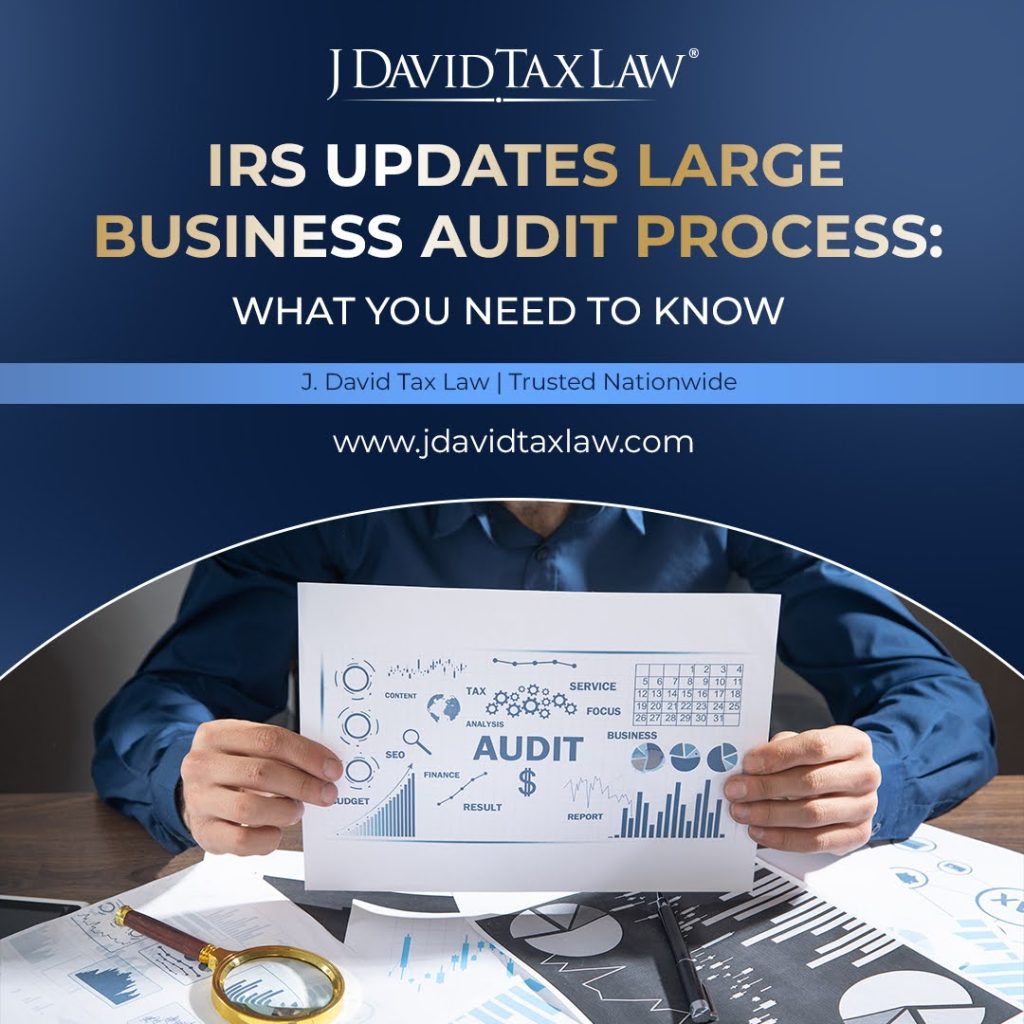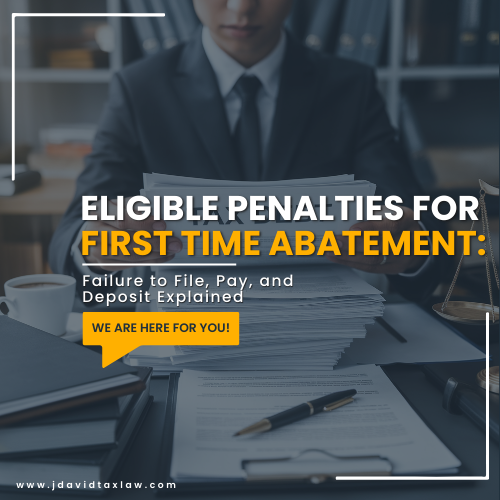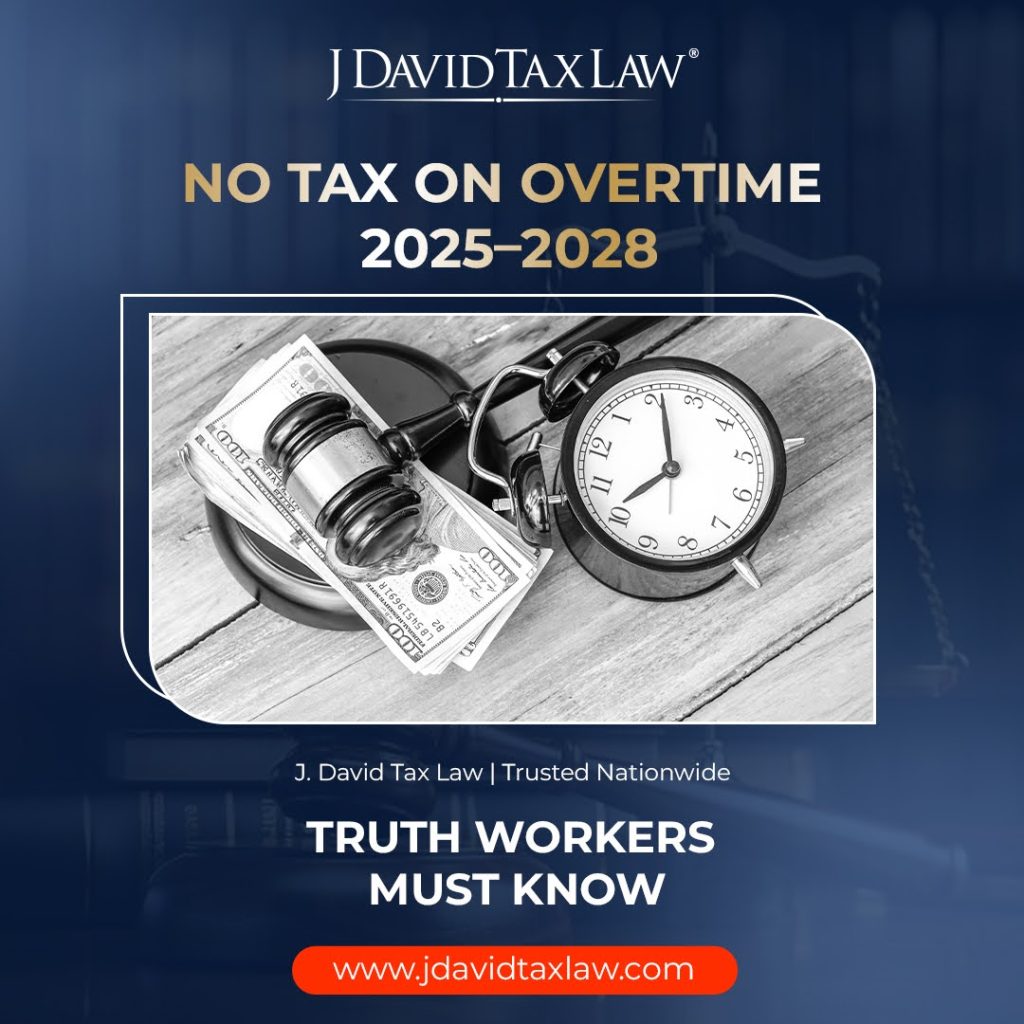In 2024, the IRS collected over $4.7 trillion in taxes , issued more than 200 million refunds , and sent out millions of compliance notices despite conducting fewer traditional audits than in prior decades. Yet despite fewer face-to-face audits, the agency’s ability to identify noncompliance and enforce tax debt has remained sharp.
The newly released IRS Data Book reveals where enforcement is heading: a growing reliance on digital tools, renewed attention on high earners and business entities, and steady pressure on those with unpaid tax bills.
If you think the IRS has gone quiet, this report proves otherwise.
What Is the IRS Data Book?
The IRS Data Book is the agency’s annual snapshot of how it administered the tax system over the past fiscal year. Covering everything from audits and collections to taxpayer services and enforcement actions, it shows what the IRS is focusing on — and where taxpayers may be most at risk.
The 2024 edition includes data from October 1, 2022 to September 30, 2024 , reflecting how the IRS used its resources, responded to economic conditions, and targeted areas of noncompliance. It also highlights the growing role of automated enforcement tools , such as matching income reports and issuing compliance notices without launching full audits.
For tax professionals, this book is a warning sign. For taxpayers, it’s a reminder that the IRS is still watching, even if you never hear from a human agent.
IRS Enforcement Is Still Active, Just Less Visible
The 2024 Data Book confirms what many tax professionals already know: the IRS is not slowing down. While traditional audits have decreased, the agency is relying more heavily on technology to enforce compliance behind the scenes.
In fiscal year 2023, the IRS initiated 3.5 million compliance actions , including math error notices , automated underreporter notices (CP2000) , and collection letters . These actions allow the IRS to detect discrepancies and pursue unpaid taxes without opening a full audit case.
For taxpayers who owe back taxes, enforcement often begins with a notice in the mail, not a phone call or field visit. These notices can escalate quickly, especially if balances remain unresolved or if the taxpayer fails to respond within a specified timeframe.
The takeaway is clear: fewer audits do not mean less enforcement.
The IRS is still actively pursuing noncompliance, using automation to identify and collect from those with outstanding liabilities.
IRS Enforcement Activity Remains Strong, Though Less Public
While headlines may suggest the IRS is easing off enforcement, the 2024 Data Book tells a different story. The agency continues to pursue unpaid taxes and compliance issues at scale, even if the methods have become more automated and less visible.
Over $77 Billion in Collections
The IRS collected $77.6 billion in unpaid taxes during FY 2024, a 13.6% increase over the previous year. This includes revenue from enforcement efforts, payment agreements, and follow-ups on unfiled returns.
-
$16 billion came from installment agreements , up 12% year over year.
-
The number of taxpayers using payment plans continues to grow, especially among those seeking to avoid enforced collections.
You can find guidance to secure a favorable payment plan for your tax debt with J.David Law.
Over Half a Million Audits Conducted
In FY 2024, the IRS closed 505,514 audits , resulting in $29 billion in recommended additional tax assessments.
-
Most audits are now conducted by mail , not in person.
-
The IRS prioritizes audits for high-income individuals , pass-through entities , and taxpayers claiming refundable credits.
Quiet but Effective Enforcement
The IRS has expanded its use of data-matching , automated notices, and behind-the-scenes compliance tracking.
-
More taxpayers are receiving CP2000 underreporter notices , not full audits.
-
Enforcement often starts with a notice, not a field visit.
Who the IRS Audited in 2024
The 2024 IRS Data Book confirms that while overall audit rates remain low, enforcement is concentrated in specific segments. The agency continues to prioritize high-dollar cases , complex business structures , and low-income filers claiming refundable credits .
Focus Areas for FY 2024 Audits
-
High-income individuals : Taxpayers earning $1 million or more continue to face the highest likelihood of audit, especially those with complex income sources or itemized deductions.
-
Earned Income Tax Credit (EITC) filers : Although audit numbers are down overall, a disproportionate share still target EITC claims , largely due to historical fraud risk and documentation issues.
-
Pass-through entities : S corporations and partnerships received increased scrutiny as part of the IRS’s growing focus on entity-level compliance and underreported business income.
Audit Volume at a Glance
-
The IRS closed over 505,000 audits in FY 2024.
-
Many of these were correspondence audits , where taxpayers are asked to respond to notices by mail rather than meeting in person.
-
Audit outcomes led to $29 billion in additional recommended tax , showing that enforcement remains effective where it’s applied.
Key takeaway: Even without high-profile audit campaigns, the IRS is still actively reviewing returns in high-risk categories. Most audits now begin with a letter and failing to respond can lead to penalties, additional tax, or enforced collection.
IRS Collection Activities: Notices, Liens, and Levies
The IRS’s collection function remains one of its most active enforcement tools. In fiscal year 2024, the agency significantly increased its efforts to collect unpaid taxes and secure compliance from individuals and businesses with unresolved debt.
Collection by the Numbers
-
The IRS collected nearly $77.6 billion through its collection efforts — up 13.6% compared to FY 2023.
-
Installment agreements brought in over $16 billion , reflecting a growing number of taxpayers choosing to settle their balances over time.
-
More than 5.3 million delinquent accounts were handled by the IRS’s collection function during the fiscal year.
Enforcement Tools in Use
While the IRS emphasizes voluntary compliance, it continues to use legal enforcement tools when necessary:
-
Tax liens : The IRS can file a public Notice of Federal Tax Lien to secure its interest in a taxpayer’s property.
-
Wage garnishments and bank levies : These actions are used to recover unpaid taxes directly from a taxpayer’s income or accounts.
-
Automated collection notices : Most enforcement begins with mailed notices demanding payment or missing returns.
If you owe back taxes , it’s unlikely the IRS will knock on your door first. You’ll receive a notice, but ignoring it can quickly lead to liens , levies , and wage garnishment . But with a qualified enrolled agent or tax attorney, you can get out of the rut.
What This Means for Taxpayers in 2025
The 2024 IRS Data Book shows a clear trend: enforcement is evolving, not disappearing. While traditional audits are less common, the agency is expanding its use of automated tools, correspondence audits, and collection systems to maintain compliance.
Here’s what taxpayers should take away:
-
Enforcement is more digital and less visible , but still aggressive, especially for unpaid balances and filing gaps.
-
You are more likely to receive a notice than a knock , and responding quickly is critical to avoid escalation.
-
Installment agreements are on the rise , meaning more taxpayers are resolving their debt without court battles, but only if they act early.
-
High-income individuals, business owners, and EITC recipients remain the most likely to face review.
Whether you’re behind on taxes, unsure about a past filing, or dealing with an IRS notice, the key is to address it before it escalates into liens, levies, or garnishments.
Conclusion
The IRS may be changing how it enforces the tax code, but it hasn’t slowed down. With over $5.1 trillion collected, hundreds of thousands of audits closed, and tens of billions recovered through collections, the 2024 Data Book makes one thing clear, ignoring a tax issue is not a safe bet.
If you’ve received a notice, have unfiled returns, or owe a balance you can’t pay, you still have legal options to come to a favorable resolution. However, you need to act fast. Acting early can protect your income, assets, and peace of mind.
Need help dealing with the IRS? At J. David Tax Law, we represent clients in all 50 states and offer discreet, effective solutions for IRS debt and enforcement.
Call us today at (888) 789-5011 or schedule a free consultation to learn your next step forward.
The IRS is Forgiving Millions Each Day. You Could Be Next.
Frequently Asked Questions About IRS Data Book
While traditional audits have decreased in frequency, they haven’t disappeared. The IRS closed over half a million audits in FY 2024, many of which were conducted entirely by mail. Audits are more common among:
High-income earners (especially over $1 million annually)
Taxpayers claiming the Earned Income Tax Credit (EITC)
Businesses structured as S corporations or partnerships
Even if you aren’t audited, the IRS can still adjust your return or pursue unpaid taxes through automated systems.
IRS enforcement typically begins with mailed notices. If you ignore them, the situation escalates. The agency can assess additional penalties, file a Notice of Federal Tax Lien, initiate wage garnishment, or issue a bank levy to collect unpaid taxes. Once these actions begin, your options become more limited. Responding early, even if you can’t pay in full, can help preserve your rights and avoid serious financial consequences.
Yes. In FY 2024 alone, the IRS collected more than $16 billion through installment agreements, flexible payment plans that help taxpayers resolve their debt over time. Other options include Offers in Compromise and temporary hardship status. Most taxpayers never end up in court, but the earlier you act, the more likely you are to qualify for these programs without facing aggressive enforcement.
You should contact a tax attorney if you’ve received an IRS notice, owe back taxes, have unfiled returns, or are facing collection actions like liens or garnishments. Legal representation is especially important if you’re unsure of your rights, disagree with the IRS’s claims, or want to explore settlement options. An experienced tax law firm like J. David Tax Law can help you respond effectively, avoid unnecessary penalties, and negotiate a resolution that protects your income and assets.




















